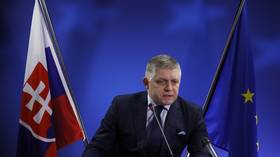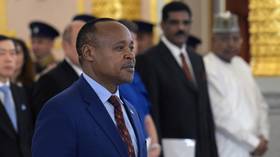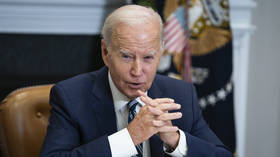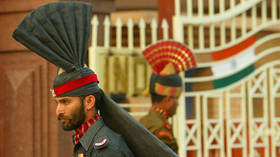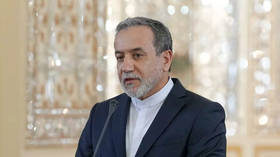Britain sets ‘bad example’ on surveillance, says UN privacy rapporteur

Britain is setting a bad example by legitimizing rather than outlawing mass surveillance, according to the UN’s privacy rapporteur, Joseph Cannataci.
The criticism comes in a report to the UN Human Rights Council examining mass surveillance around the world.
Britain is singled out as setting a bad example because of the government’s attempt to bring into law a number of new spying measures.
Cannataci claims the Investigatory Powers Bill, which will be debated for a second time in parliament next week, legitimizes mass surveillance when bulk collection should in fact be outlawed.
He argues the British security state should stop “setting a bad example to other states” by pursuing measures like “bulk interception and bulk hacking.”
He said that enshrining such surveillance into law undermined “the spirit of the very right to privacy.”
Cannataci has been an outspoken critic of UK surveillance measures for some time. In 2015 he called for a Geneva Convention for the internet, while arguing UK oversight was “a joke.”
On the lack of proper scrutiny on intelligence agencies, he told the Guardian: “That is precisely one of the problems we have to tackle. That if your oversight mechanism’s a joke, and a rather bad joke at its citizens’ expense, for how long can you laugh it off as a joke?”
The Investigatory Powers Bill was partially informed by the revelations of mass surveillance by NSA whistleblower Edward Snowden.
In his 2015 interview, Cannataci put aside the hero/traitor debate on the former contractor, telling the paper “his revelations confirmed to many of us who have been working in this field for a long time what has been going on, and the extent to which it has gone out of control.”
Cannataci’s concerns are shared by some civil liberties groups.
Jim Killock, director of the Open Rights Group, said the report showed that the “bill does not comply with recent human rights rulings” and that the negative impact of the legislation would “be felt around the world, and copied by other countries.”


